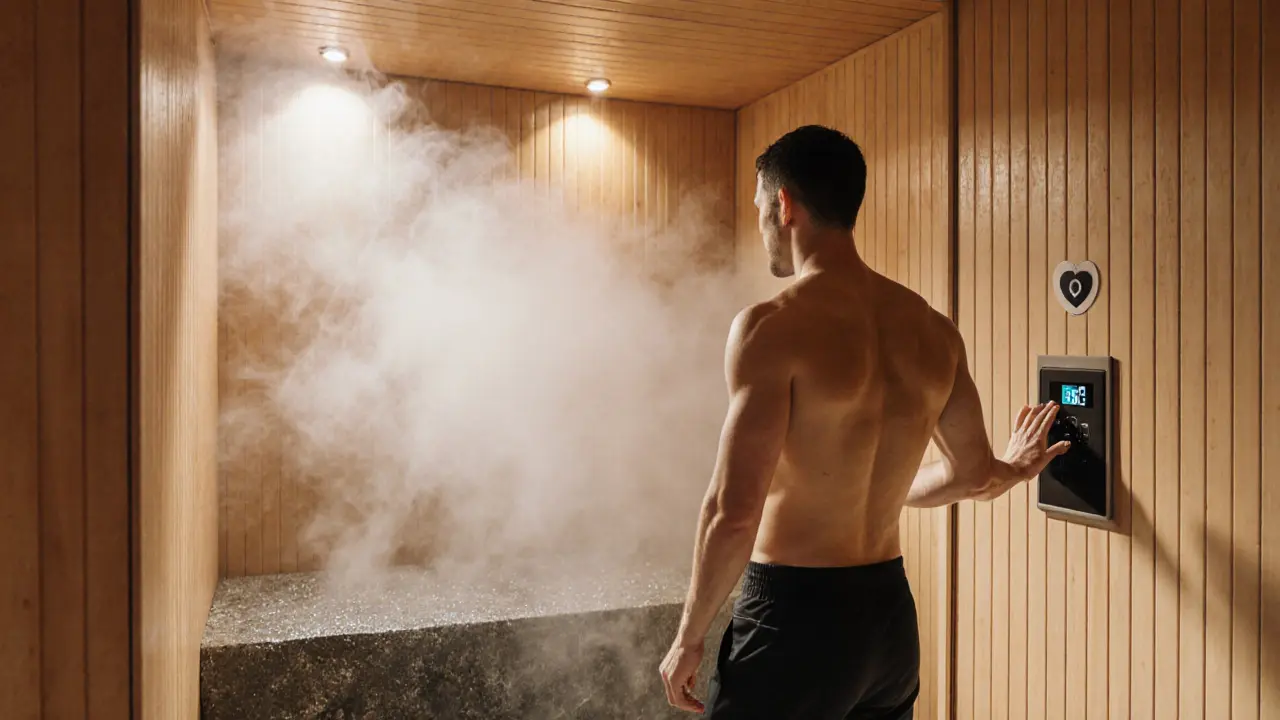Who Should Avoid Steam Rooms? Essential Safety Guide
When talking about steam rooms, enclosed spaces that generate moist heat for relaxation and detoxification, also known as steam baths, it’s easy to picture a soothing cloud of vapor. Yet the same heat that eases muscle tension can pose risks for some people. pregnancy, the condition of carrying a developing fetus is one clear example—high humidity can raise core body temperature, which may affect fetal development. Likewise, heart disease, any disorder that impairs the heart’s ability to pump blood makes the added cardiovascular strain unsafe. high blood pressure, a chronic elevation of arterial pressure can spike further in the heat, increasing stroke risk. Finally, respiratory issues, conditions like asthma that restrict airflow may worsen as steam fills the airways. In short, steam rooms encompass intense humidity, they require a healthy cardiovascular system, and they influence respiratory comfort—so anyone with the above conditions should think twice before stepping in.
Key Health Considerations
If you love steam rooms but wonder if they’re safe, the answer depends on your current health profile. People with chronic skin conditions such as eczema often find the heat aggravates itching and rashes, while seniors may experience dizziness due to lower blood pressure in a hot, humid environment. Those who have recently consumed alcohol should avoid steam rooms entirely; alcohol dilates blood vessels and combined with heat can cause dangerous drops in blood pressure. For individuals managing diabetes, high temperatures may interfere with blood sugar regulation, making it harder to stay stable during and after a session. Even short exposure can trigger dehydration, so adequate water intake before and after is crucial for everyone, but especially for athletes or anyone who sweats heavily during workouts.
When any of these factors apply, consider safer alternatives that still deliver relaxation. A dry sauna offers lower humidity while still providing heat, which is often better tolerated by people with respiratory sensitivities. Gentle warm baths, infrared panels, or a simple meditation session in a cool, quiet room can offer similar stress‑relief benefits without the cardiovascular load. Always check with a healthcare professional if you’re unsure—most doctors can quickly tell you whether steam exposure is a red flag for your specific condition. Below you’ll find a curated set of articles that dive deeper into each scenario, from pregnancy guidelines to heart‑health tips, and practical advice on how to enjoy a spa day responsibly.
Learn who should avoid steam rooms, including people with heart issues, pregnancy, skin conditions, and more. Get safety tips, contraindications, and FAQs for a safe steam experience.

